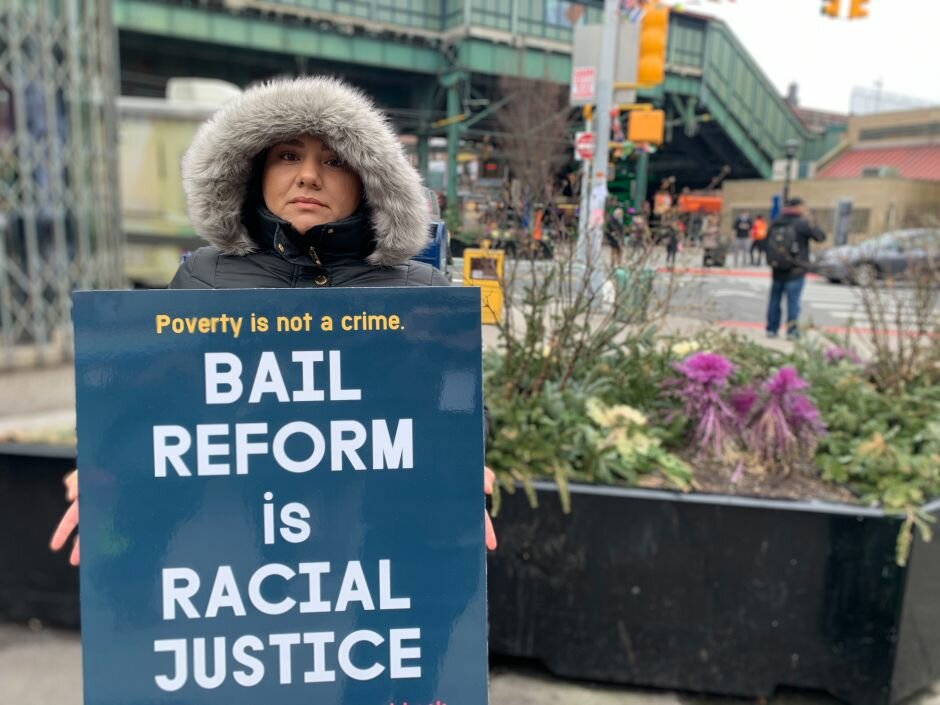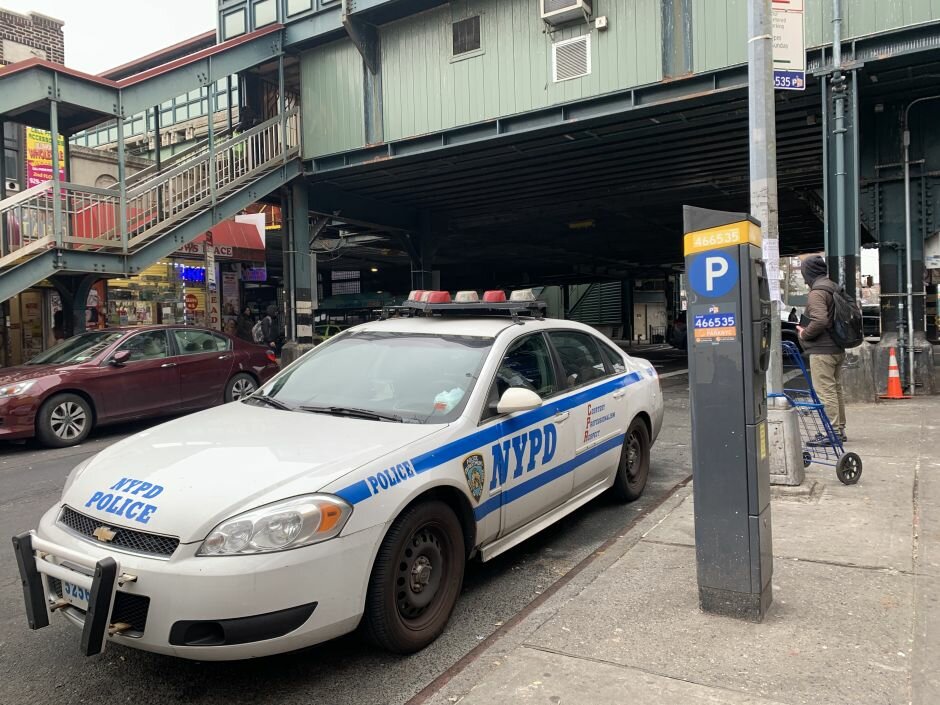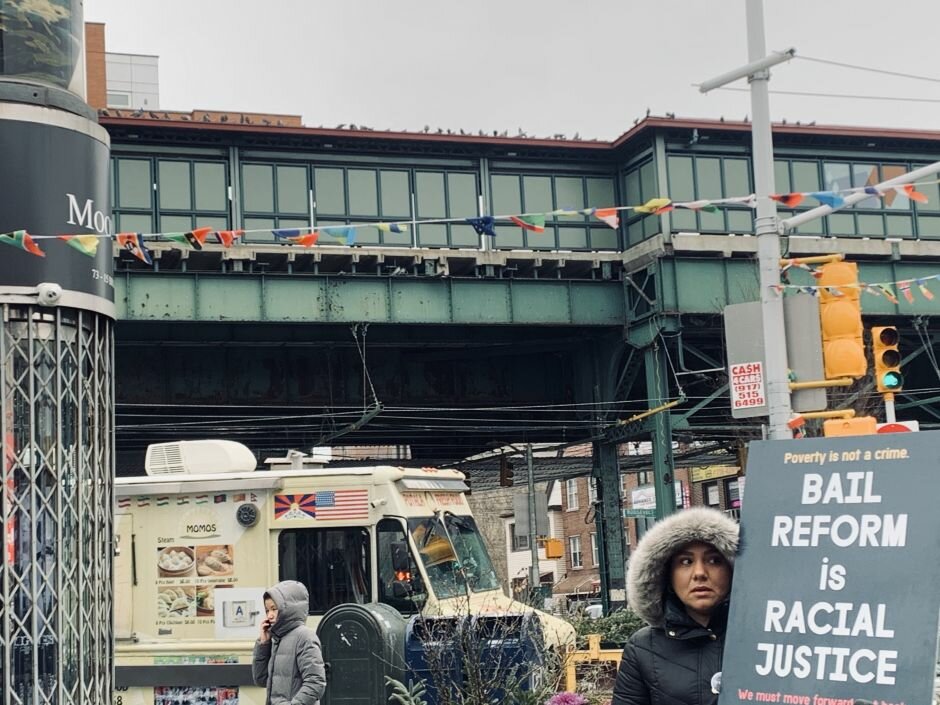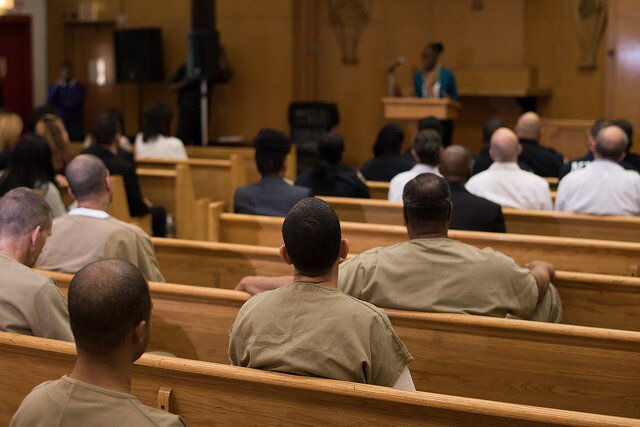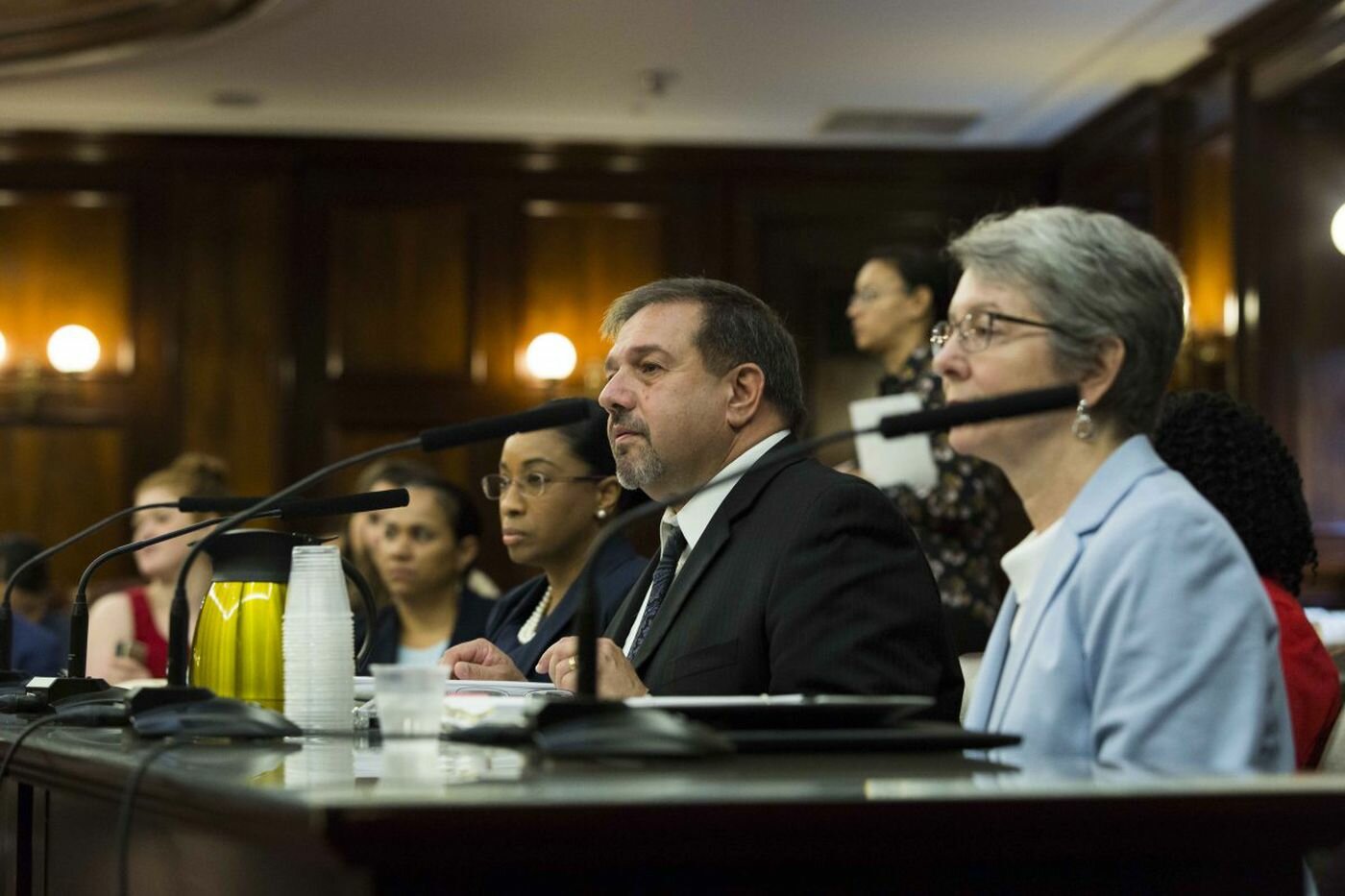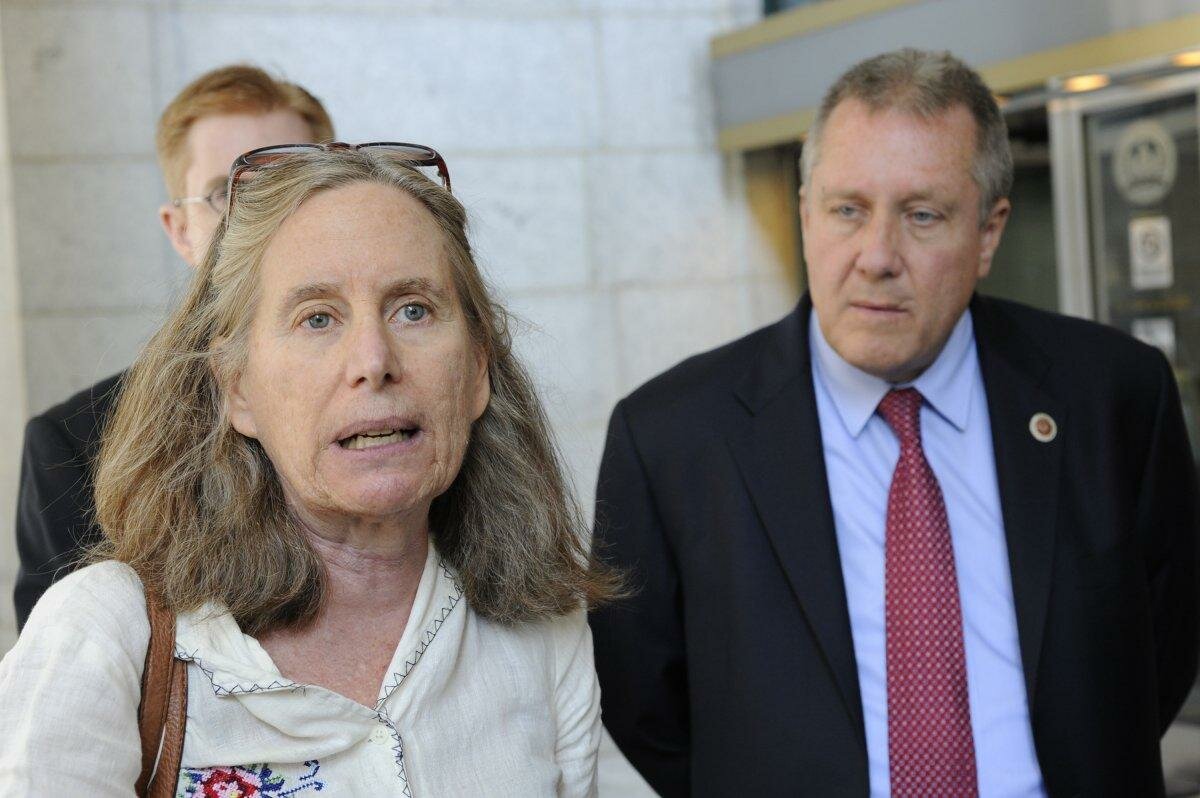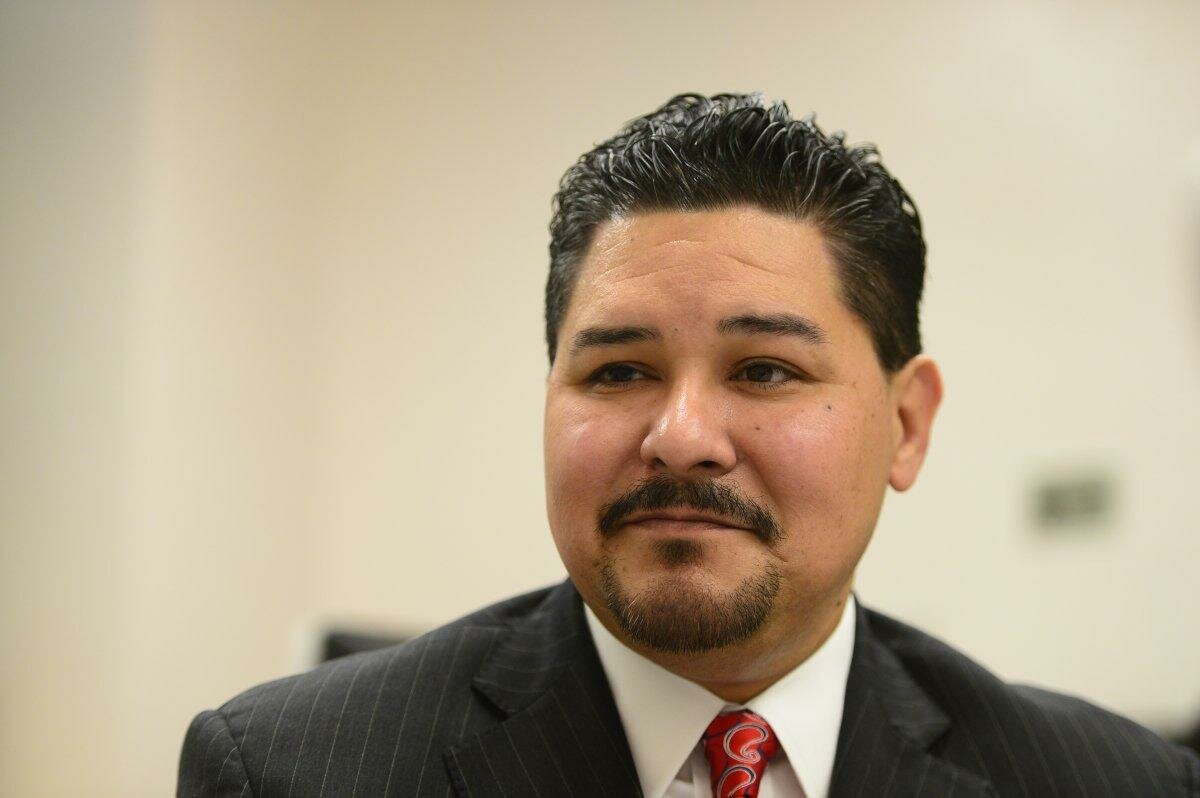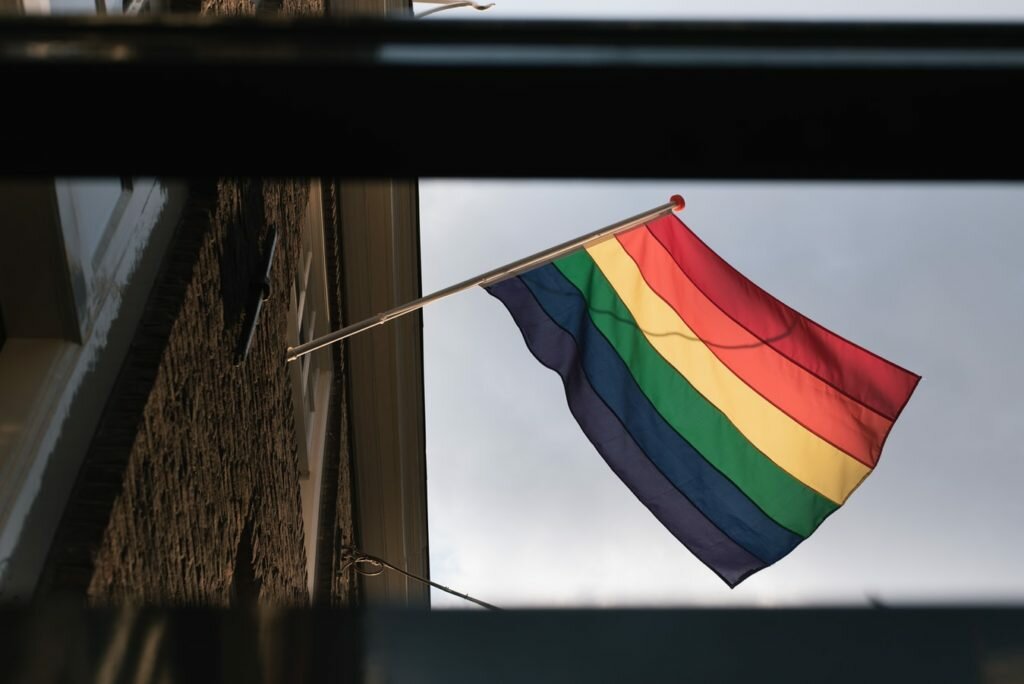
By Allie Griffin
Originally published by the LIC Post on June 15, 2020.
The U.S. Supreme Court ruled today that employers cannot fire workers based on their sexual orientation or gender identity and Queens elected officials are celebrating the historic decision.
The Court ruled that an employer who fires an individual merely for being gay or transgender violates Title VII of the Civil Rights Act of 1964, which bans workplace discrimination based on sex, race, religion and national origin.
The Court ruled in a landmark six-three vote that sex discrimination also applies to gay and transgender workers.
Jackson Heights Council Member and Chair of the Council LGBT Caucus Daniel Dromm praised the ruling.
“History will remember this day as the day that the Supreme Court stood up for the fundamental protections enshrined in the Civil Rights Act,” he said in a statement. “Today the Supreme Court reaffirmed the letter and spirit of Title VII of the Act: that no one should be fired for simply being who they are.”
Dromm spoke of his own experience as one of the first openly-gay public school teachers in New York State. He said the fear of being fired for being gay was “ever-present.”
“Because of this decision, those days have been relegated to the dustbin of history,” Dromm said.
Many Queens lawmakers cheered the Supreme Court decision on Twitter.
Astoria Council Member and Queens borough president candidate Costa Constantinides called today “a historic day for #LGBTQ rights.”
“Even though it took almost 60 yrs since the Civil Rights Act was passed, there is now a guarantee you cannot be fired for who you are or who you love,” he wrote on Twitter.
Southeast Queens Council Member and another BP candidate Donovan Richards also tweeted his support.
“This landmark decision will ensure the LGBTQ community is treated with the dignity and respect they deserve in the work place [sic],” he wrote.
Eastern Queens Council Member Barry Grodenchik took to Twitter as well.
“Huge victory for #LGBTQ rights, human rights, and civil rights today from the #SupremeCourt,” he wrote with a link to a New York Times article on the Court ruling. “A watershed moment in the history of our nation. Forward!”
The ruling was based on three separate cases where employees were fired after disclosing their sexual orientation or gender identity.
Two cases involved gay men who were let go from their jobs. One man was a government employee who was fired after joining a gay softball league in Georgia. The second was a skydiving instructor on Long Island who disclosed he was gay to a customer and was subsequently let go.
The third case was a transgender woman who came out to her funeral home employer in Michigan and was fired two weeks later after having been employed for six years.
Justices Neil Gorsuch wrote the majority decision and was joined by Justices John Roberts Jr., Ruth Bader Ginsburg Stephen Breyer, Sonia Sotomayor and Elena Kagan.
Justices Clarence Thomas, Samuel Alito and Brett Kavanaugh voted against the increased interpretation of Title VII.
Gorsuch said that discrimination on the basis of gender identity or sexual orientation inherently involves the role of one’s sex.
“An employer who fires an individual for being homosexual or transgender fires that person for traits or actions it would not have questioned in members of a different sex,” he wrote. “Sex plays a necessary and undisguisable role in the decision, exactly what Title VII forbids.”

